 Booking is now open for Spring 2017 Training Courses with the Royal Society of Biology!
Booking is now open for Spring 2017 Training Courses with the Royal Society of Biology!
Courses include:
Persuasive Scientific Report Writing
When: 26 January 2017
Where: Charles Darwin House 2, 107 Gray’s Inn Road, London WC1X 8TZ
What: Participants will learn the principles and processes for high quality communication in scientific thinking and writing, with plenty of opportunity to discuss and practice the skills learnt.
Who: For writers of technical, scientific and other related reports or documents, who wish to improve their report and general document writing skills.
CPD: This event has been approved by the Royal Society of Biology for purposes of CPD and can be counted as 18 CPD points.
Fees: From £100 +VAT
Science Podcast Production
When: 16 March 2017
Where: Charles Darwin House 2, 107 Gray’s Inn Road, London WC1X 8TZ
What: Award-winning science broadcaster Richard Hollingham presents this introductory hands-on course on how to podcast – from getting good quality sound and content – to getting your podcast online and heard.
Who: For those interested in communicating science via podcast.
CPD: This event has been approved by the Royal Society of Biology for purposes of CPD and can be counted as 18 CPD points.
Fees: From £125 +VAT
Writing for a non-specialist audience
When: 23 March 2017
Where: Charles Darwin House 2, 107 Gray’s Inn Road, London WC1X 8TZ
What: How to write in an interesting and easy-to-read way while ensuring your message remains scientifically robust and accurate.
Who: For scientists in academia or industry hoping to improve the way they communicate with non-scientists, or for anyone hoping to develop their blogging and science writing skills.
CPD: This event has been approved by the Royal Society of Biology for purposes of CPD and can be counted as 24 CPD points.
Fees: From £100 + VAT
Presentation Skills
When: 10 April 2017
Where: Charles Darwin House 2, 107 Gray’s Inn Road, London WC1X 8TZ
What: This course will cover practical exercise on personal presentation and body language; structuring your presentation; uses and abuses of visual aids with a focus on Powerpoint; meeting the needs of your audience.
Who: This half-day course is for those who have had little experience of giving presentations.
CPD: This event has been approved by the Royal Society of Biology for purposes of CPD and can be counted as 12 CPD points.
Fees: From 50 +VAT
An Introduction to Exhibition Design
When: 27 April 2017
Where: Charles Darwin House 2, 107 Gray’s Inn Road, London WC1X 8TZ
What: This course will introduce participants to exhibition making, from the development of an exhibition concept to the final product.
Who: This practical course is suitable for those who may need to create a display, for example science communicators or scientists working in public engagement & outreach.
CPD: This event has been approved by the Royal Society of Biology for purposes of CPD and can be counted as 21 CPD points.
Fees: From £100 +VAT
Please click here for the information below about the science communication courses, further information and for full list of courses
 Then come along to one of the Writing Academy’s “My publication story so far…” lunchbyte sessions.
Then come along to one of the Writing Academy’s “My publication story so far…” lunchbyte sessions.


 On Wednesday 24th May, the Writing Academy will be hosting a Lunchbyte session with Tim Rees. During the session Tim will talk about his personal publishing experience, his approaches to research and writing, his tips on developing a publication strategy and working with co-authors, reviewers and editors. He will talk about all types of publishing drawing on personal experience.
On Wednesday 24th May, the Writing Academy will be hosting a Lunchbyte session with Tim Rees. During the session Tim will talk about his personal publishing experience, his approaches to research and writing, his tips on developing a publication strategy and working with co-authors, reviewers and editors. He will talk about all types of publishing drawing on personal experience. As part of the Writing Academy, a series of writing days have been organised to help support BU authors work on their
As part of the Writing Academy, a series of writing days have been organised to help support BU authors work on their 


 In December, Prof Mark Reed,
In December, Prof Mark Reed, 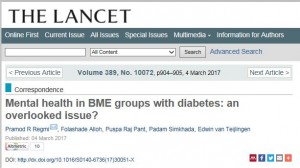
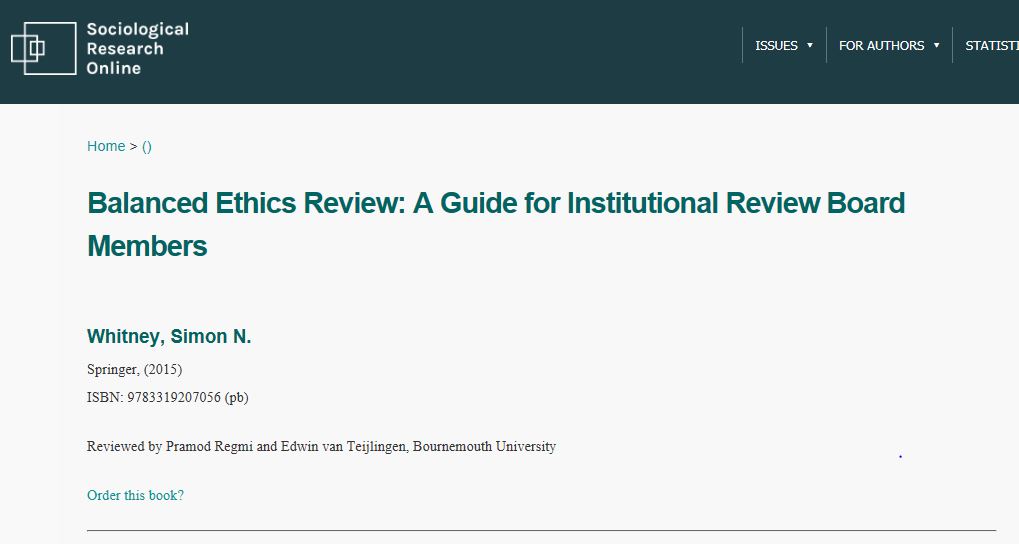
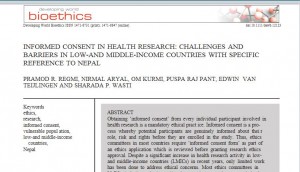
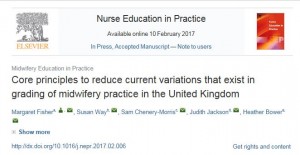


 Booking is now open for
Booking is now open for 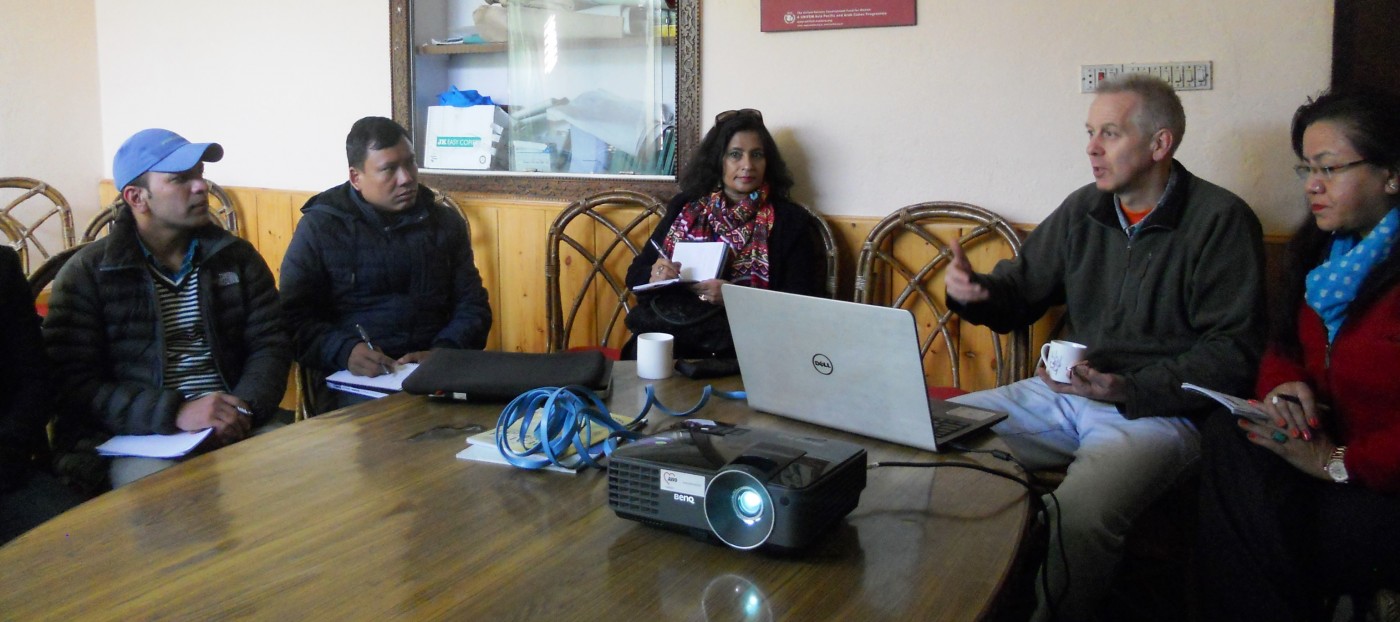













 Conversation article: London Marathon – how visually impaired people run
Conversation article: London Marathon – how visually impaired people run Horizon Europe News – December 2023
Horizon Europe News – December 2023